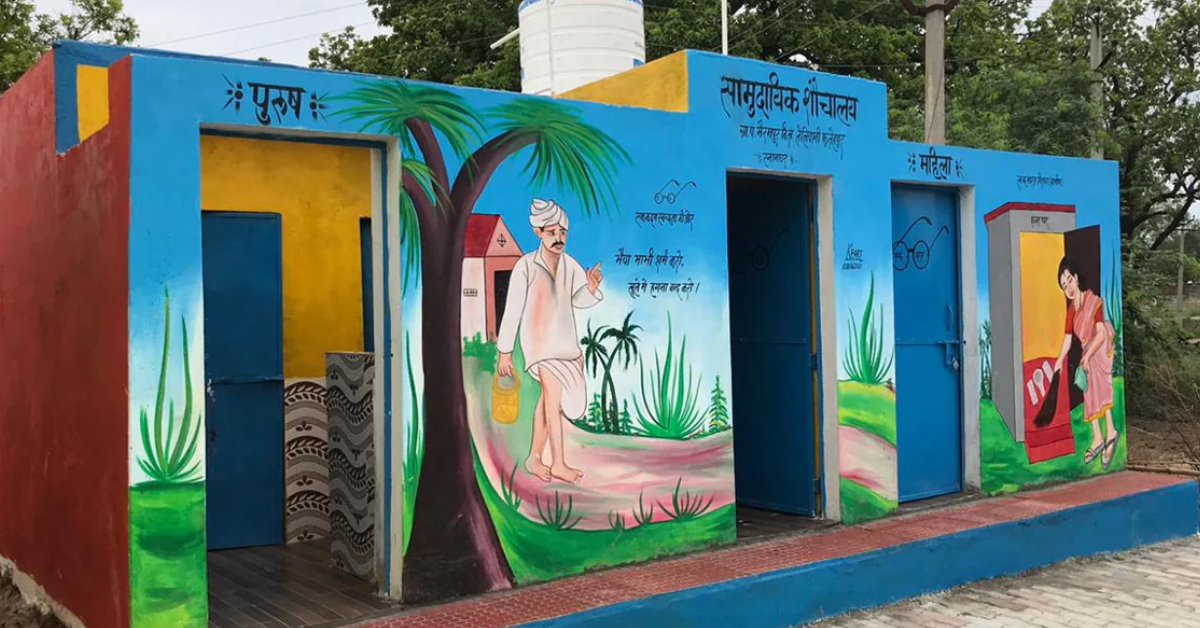A new study published in Nature reveals that India’s Swachh Bharat Mission (SBM), launched in 2014 by Prime Minister Narendra Modi, has significantly contributed to reducing infant mortality. Conducted by the International Food Policy Research Institute, the study estimates that SBM’s toilet construction efforts have averted 60,000-70,000 infant deaths annually.
The research, analyzing data from 35 states and 640 districts over a decade (2011-2020), found a robust inverse relationship between toilet access and infant mortality rates. By 2020, over 60% of districts had toilet coverage, a dramatic increase from 40% in 2003. Improved sanitation has been linked to reductions in child mortality, growth faltering, and diarrheal disease.
Dr. Suneela Garg, chairperson of the Programme Advisory Committee on the National Institute of Health and Family Welfare, emphasized that the increased toilet access and consequent behavioral changes have significantly lowered rates of fecal-oral infections. Dr. Zakaria Abbas, a public health expert, highlighted the mission’s broader benefits, including enhanced women’s safety and reduced medical costs.
The study underscores the importance of national sanitation campaigns in improving child health outcomes and suggests that similar initiatives could benefit other low- and middle-income countries.






